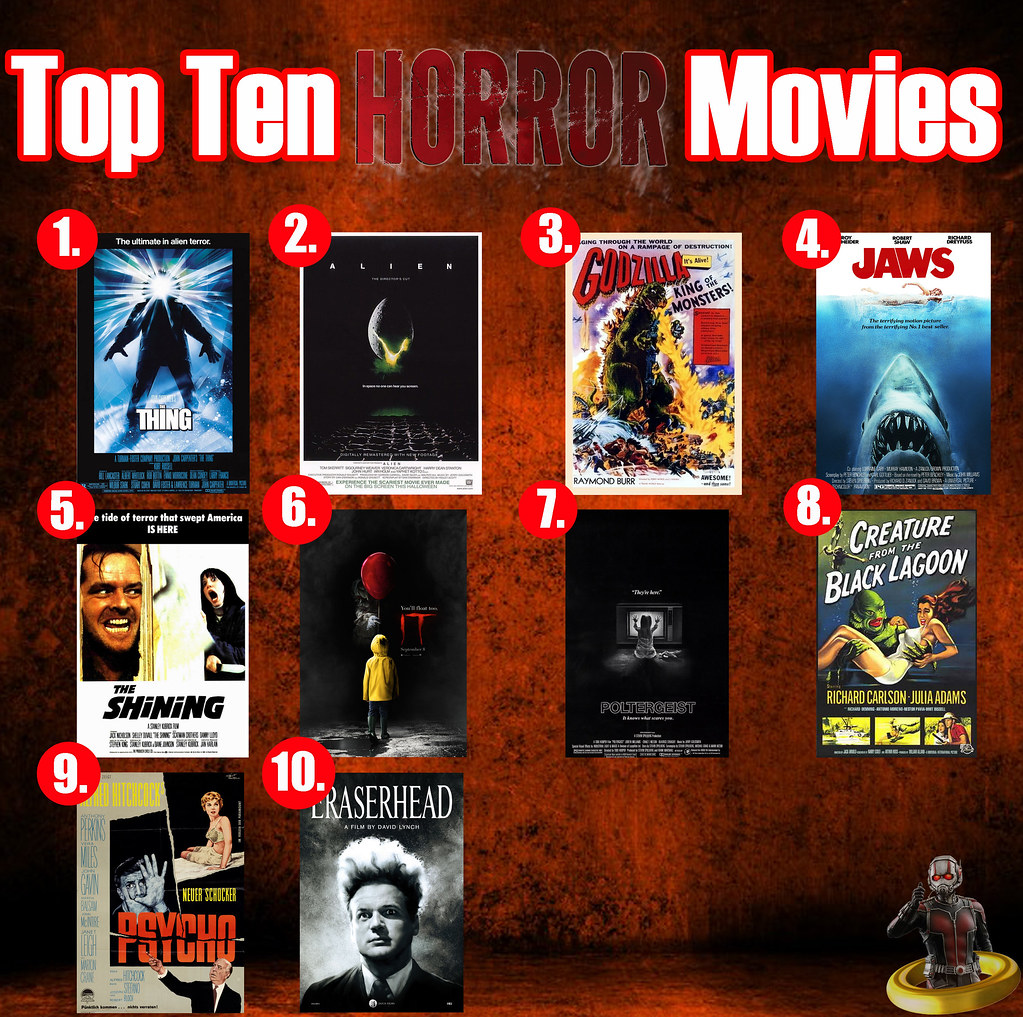
Hollywood is a realm brimming with talent, a universe where stars are born and legends are forged. We often celebrate the dazzling performances, the memorable characters, and the captivating presences that grace our screens, making us laugh, cry, and ponder the human condition. Yet, for some of these remarkable individuals, the allure of the spotlight is just one facet of their boundless artistic ambition. The transition from acting in front of the camera to helming an entire production behind it is a leap that requires immense courage, vision, and a deep understanding of storytelling in its purest form.
It’s a challenging pivot, to say the least. An actor, no matter how seasoned or celebrated, must suddenly command every aspect of a film, from guiding performances and managing crew to shaping the narrative and realizing a complete vision. This journey is often fraught with skepticism, as audiences and critics alike question whether their on-screen charisma can translate into off-screen directorial prowess. However, time and again, a select group of exceptional talents have not only made this transition but have excelled, creating cinematic masterpieces that stand as testaments to their multifaceted genius.
These actor-directors have proven that their understanding of character, their empathy for performance, and their innate grasp of narrative structure can elevate a film in ways few others can. They bring a unique perspective to the director’s chair, informed by years of experience living within the stories they now choose to tell. Join us as we dive deep into the careers of some of the most successful actors who dared to dream bigger, stepping from the glare of the acting stage into the commanding role of director, and forever changing the landscape of cinema.

1. **Clint Eastwood: The Enduring Legend’s Shift to Acclaimed Filmmaking**
Clint Eastwood’s career is nothing short of legendary, spanning an unbelievable eight decades and solidifying his status as one of Hollywood’s most enduring figures. He began modestly in the 1950s with small roles, but as the decades passed, his star only grew brighter. From his iconic portrayal of the Man with No Name in Sergio Leone’s Spaghetti Westerns to the gritty Inspector Harry Callahan in the “Dirty Harry” series, Eastwood became synonymous with the tough, laconic hero, captivating international audiences.
Even as he dominated the screen, Eastwood had his sights set on more. He made his directorial debut in 1971 with “Play Misty for Me,” a psychological thriller in which he also starred. This marked the beginning of an equally impressive career behind the camera, where he would go on to helm a remarkable 39 more films. His work as a director demonstrated a keen understanding of character-driven narratives and a minimalist yet impactful storytelling style.
His transition from actor to director reached a critical pinnacle with 1992’s “Unforgiven,” a revisionist Western that not only redefined the genre but also earned him two Best Director Oscars. This landmark film garnered four Academy Awards in total, including Best Picture, firmly establishing Eastwood as a prestigious filmmaker. He would repeat this astounding success in 2004 with “Million Dollar Baby,” another Best Picture and Best Director winner, further cementing his legacy as a true cinematic auteur.
Throughout the latter half of his career, Eastwood’s directorial efforts have largely overshadowed his acting, showcasing his profound commitment to filmmaking. From hits like “Sudden Impact” and “The Outlaw Josey Wales” to later acclaimed works, he consistently proves that his artistry extends far beyond the confines of a single performance. His ability to craft compelling stories, often with a melancholic edge, has earned him a revered place in cinematic history, illustrating a transition that was not just successful but utterly transformative.
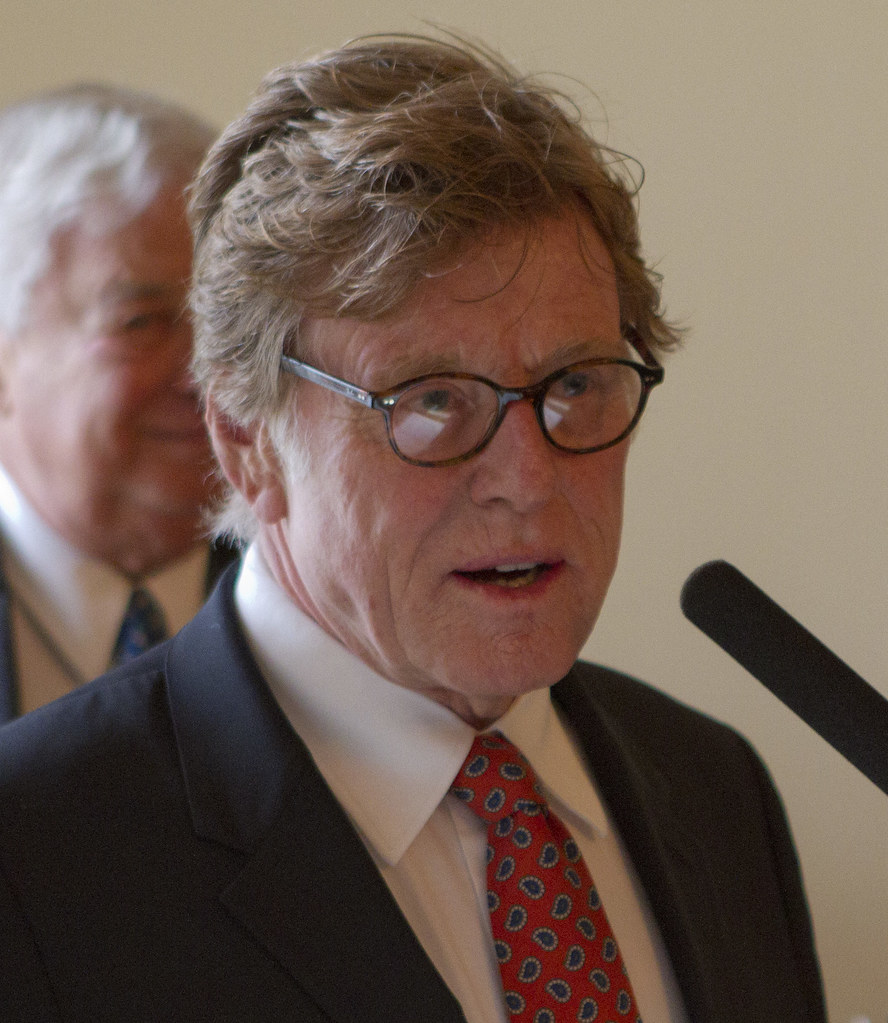
2. **Robert Redford: From Leading Man to Oscar-Winning Director**
Robert Redford emerged as one of the most high-profile and charismatic leading men of the 1970s and 1980s, captivating audiences with his striking good looks and natural talent. His career, which began in film and television in 1960, truly took off with his breakthrough role alongside Paul Newman in “Butch Cassidy and the Sundance Kid.” He then solidified his stardom with warmly received performances in a string of hit films, including “The Sting,” “All the President’s Men,” and “The Natural.”
Despite a remarkably consistent and celebrated acting career that kept him in the spotlight for decades, Redford harbored a profound interest in storytelling beyond performing. His directorial debut came in 1980 with “Ordinary People,” a powerful drama that explored the complexities of family grief and psychological trauma. This film was an immediate critical success, earning four Academy Awards, including the coveted Best Director Oscar for Redford himself.
Remarkably, this Best Director trophy remains the only competitive Oscar Redford has ever won, a testament to the profound impact of his first foray into directing. It underscored a talent that transcended his superstar acting status, proving his ability to guide complex narratives and elicit powerful performances from his cast. Even with countless praiseworthy performances throughout his career, “Ordinary People” stands out as a singular triumph.
Redford continued to rack up a total of ten directing credits, with many gaining critical acclaim. His most popular directorial outings include the early Brad Pitt vehicle “A River Runs Through It” and the compelling investigative drama “Quiz Show,” both of which also garnered multiple Oscar nominations, including Best Picture and Best Director. Though he announced his retirement from acting in 2018 (with a small cameo in “Avengers: Endgame” as a final bow), his legacy as a filmmaker, especially for his early directorial peak, remains incredibly strong and influential.
Read more about: Diane Keaton: A Cinematic Odyssey – Unveiling the Enduring Legacy of an Oscar-Winning Icon
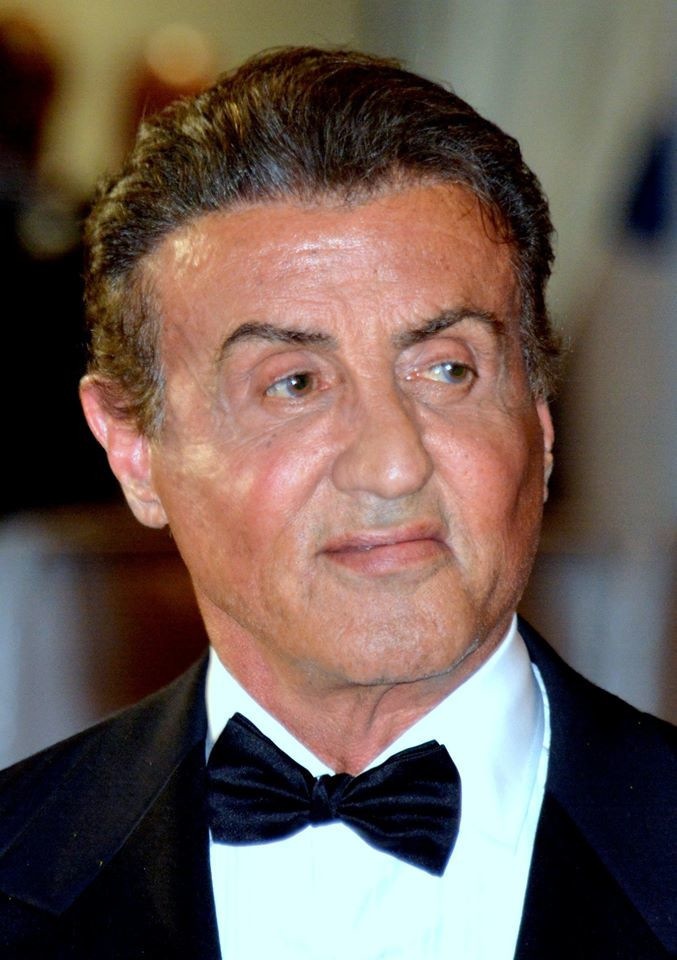
3. **Sylvester Stallone: The Action Icon’s Creative Control Behind the Camera**
Few actors are as instantly recognizable as Sylvester Stallone, an undeniable icon of action cinema who broke into superstardom with “Rocky” in 1976. This film not only earned him Oscar nominations for both writing and acting, but also sparked a global phenomenon that saw him reprise the role of Rocky Balboa in a whopping seven additional films, including the wildly popular “Creed” spin-offs. His other defining role as the tortured Vietnam veteran John Rambo cemented his place as a purveyor of high-octane action, rivaled only by Arnold Schwarzenegger in the 80s and 90s.
What many might not realize is that Stallone’s drive extended far beyond simply performing. He was a self-starter from the beginning, famously fighting to get the original “Rocky” made. Once he achieved stardom, he wasted no time in seizing creative control, stepping behind the camera a mere two years after “Rocky” hit theaters. His directorial debut was the wrestling drama “Paradise Alley,” which he also wrote and starred in, signaling his ambition to shape the narrative completely.
Stallone went on to direct a significant portion of the “Rocky” saga himself, helming “Rocky II,” “Rocky III,” “Rocky IV,” and the critically praised “Rocky Balboa” in 2006. He also took the directorial reins for the fourth “Rambo” movie, simply titled “Rambo,” and the initial installment of “The Expendables” franchise. His work as a director in these films allowed him to maintain a consistent vision for his most beloved characters and their ongoing stories, deepening their impact on audiences.
Perhaps the most unusual entry on his directorial resume is 1983’s “Staying Alive,” a sequel to John Travolta’s smash hit “Saturday Night Fever,” which notably did not star Stallone. This choice highlighted his willingness to take on projects solely as a director, showcasing a versatility beyond his action persona. While his acting career may have brought him global fame, his persistent efforts behind the camera demonstrate a profound artistic drive and a desire to be the ultimate storyteller of his own cinematic universe.
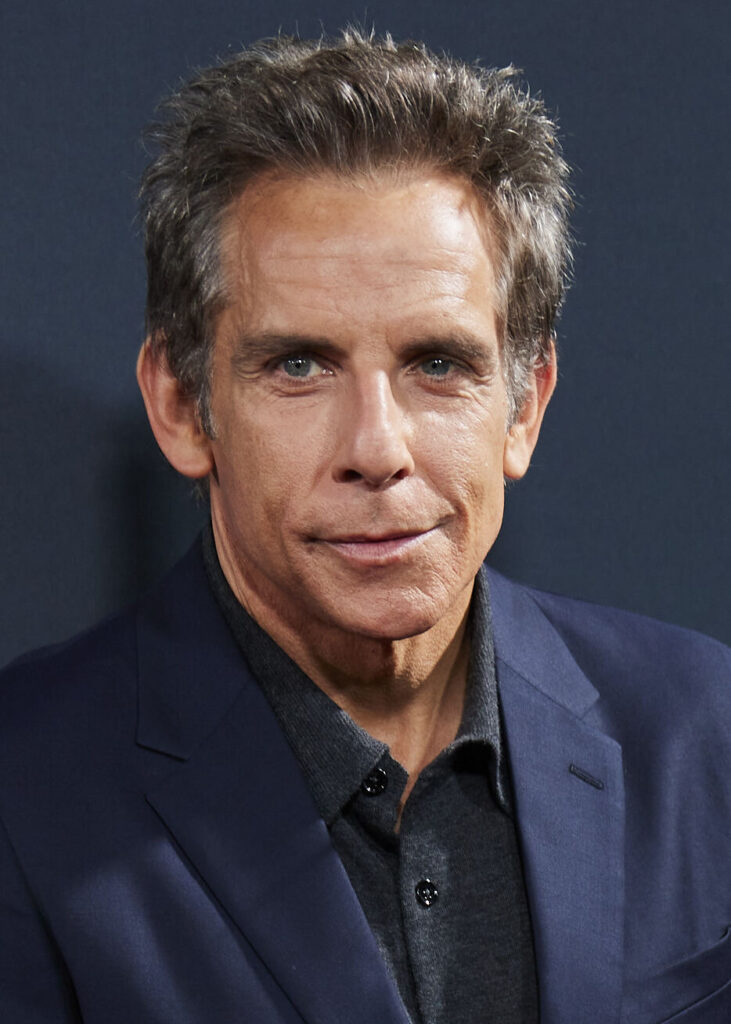
4. **Ben Stiller: The Comedian’s Surprising Versatility as a Director**
Ben Stiller grew up immersed in show business, with talented comedian parents Jerry Stiller and Anne Meara providing an early influence. After honing his craft in various bit parts, he co-created and hosted “The Ben Stiller Show” in 1992, which, despite a short run, earned an Emmy for its writing. He eventually broke into the mainstream as a leading man with “There’s Something About Mary” in 1998, going on to star in numerous comedy hits, including the “Madagascar” series and the “Meet the Parents” and “Night at the Museum” trilogies.
Curiously, for an actor largely known for his comedic performances, Stiller had already begun directing well before he became a household name on screen. His feature directorial debut was 1994’s “Reality Bites,” a defining film for a generation that captured the angst and uncertainty of young adulthood. He followed this up by helming Jim Carrey’s dark comedy “The Cable Guy” just two years later, demonstrating an early knack for guiding established stars.
Stiller’s most beloved directorial outings often saw him both in front of and behind the camera, blending his comedic talents with a sharp, satirical eye. He directed and starred in the fashion model romp “Zoolander,” a film that has gained cult status for its outrageous humor and memorable characters. Even more famously, he helmed the controversial yet hilarious Hollywood satire “Tropic Thunder,” which was praised for its sharp commentary on the film industry and its stellar ensemble cast.
More recently, Stiller has diversified his directorial portfolio, serving as executive producer and director for six episodes of the critically acclaimed AppleTV+ series “Severance.” This dramatic, thought-provoking project marked a significant departure from his usual comedic material, showcasing an impressive range and an ability to tackle complex narratives with depth and nuance. It solidified his reputation not just as a comedic genius, but as a serious and versatile filmmaker.

5. **Greta Gerwig: From Indie Darling to Critical and Commercial Directorial Success**
Greta Gerwig rose to prominence as an indie darling in the mid-2000s, becoming a prominent figure in the mumblecore movement. Her journey began with collaborations with filmmaker Joe Swanberg, making her feature debut in his 2006 dramedy “LOL” and later co-writing and starring in his follow-up, “Hannah Takes the Stairs.” She continued to build a strong resume in the low-budget and independent film sphere, working with notable directors like the Duplass brothers and Ti West, and most notably, with Noah Baumbach, with whom she co-wrote “Frances Ha.”
Gerwig’s initial taste of directing came quite early in her career when she co-directed “Nights and Weekends” with Swanberg in 2008, a film they both wrote and starred in. However, it was her solo directorial effort, 2017’s “Lady Bird,” that truly announced her as a powerful and singular voice in filmmaking. This critically acclaimed coming-of-age story resonated deeply with audiences and critics alike, earning five Academy Award nominations, including two for Gerwig’s masterful direction and poignant screenplay.
Just two years later, Gerwig continued her impressive streak with a fresh and vibrant adaptation of Louisa May Alcott’s classic novel, “Little Women.” This film proved to be another significant awards contender, receiving six Oscar nominations, including one for Gerwig’s insightful screenplay. Her ability to imbue classic stories with contemporary relevance and emotional depth showcased her unique vision and profound understanding of character motivations.
Most recently, Gerwig took on the monumental task of co-writing and directing the live-action “Barbie” movie. This ambitious project, praised by star Ryan Gosling as featuring the “best script he’s ever read,” has garnered immense buzz for its snappy dialogue, heartfelt message, and keen social commentary. It represents a significant commercial and cultural achievement, firmly cementing Greta Gerwig’s status as a visionary director whose work is both critically celebrated and widely embraced by audiences worldwide.
Read more about: Hollywood’s Unsung Heroines: 15 Women Who Shattered Ceilings and Rewrote the Rules of the Entertainment Industry
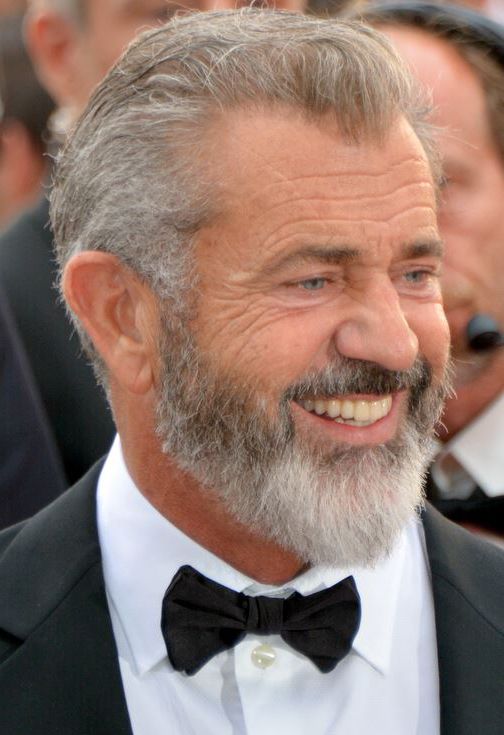
6. **Mel Gibson: The Controversial Star’s Impactful Oscar-Winning Direction**
Mel Gibson’s career began with a bang, achieving almost immediate international attention as Max Rockatansky in George Miller’s seminal “Mad Max.” He reprised this iconic role in a pair of sequels before launching into the hugely successful “Lethal Weapon” franchise, which solidified his status as one of the biggest stars in the world by the late 1980s. In his acting heyday, he skillfully balanced action roles like “The Patriot” with romantic leads such as “What Women Want,” showcasing a broad appeal.
Beyond his formidable presence as an actor, Gibson also ventured into directing, making a rather modest debut with his 1993 adaptation of Isabelle Holland’s “The Man Without a Face.” However, it was his follow-up project that truly shocked and impressed the film world. He ratcheted up the scale tenfold to deliver the historical wartime epic “Braveheart,” a film that resonated deeply with audiences and critics for its raw emotion and sweeping narrative.
“Braveheart” was a monumental success, going on to win a total of five Academy Awards, including Best Picture and, significantly, Best Director for Gibson. This victory firmly established him not just as a movie star, but as a director with a powerful vision and the ability to execute it on an epic scale. His direction was lauded for its visceral intensity and emotional depth, transforming a historical account into a compelling cinematic experience.
After a nine-year hiatus from directing, Gibson returned with “The Passion of the Christ” in 2004, a box office sensation that sparked both acclaim and controversy. He subsequently helmed the Mayan action-adventure “Apocalypto” and the critically praised WWII drama “Hacksaw Ridge,” the latter of which garnered six Oscar nominations, including Best Picture and Best Director. Despite a career often fraught with personal controversies, Gibson’s directorial achievements undeniably demonstrate a profound and impactful talent behind the camera, with a unique ability to craft intense, large-scale narratives.
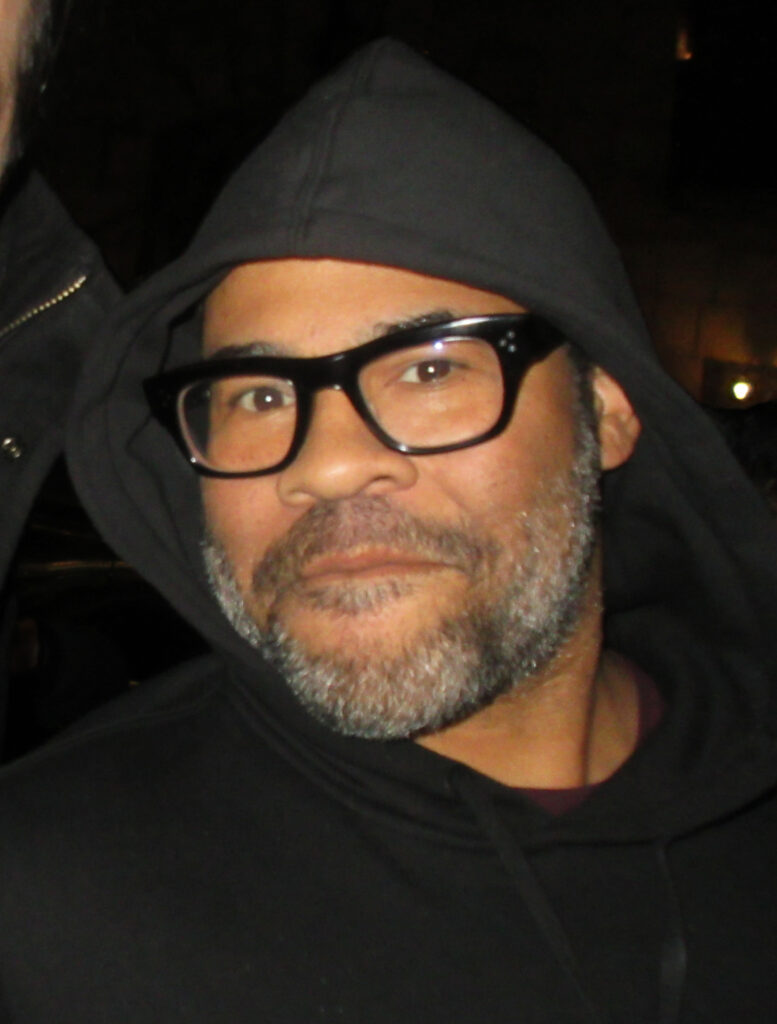
7. **Jordan Peele: The Comedic Genius Who Redefined Modern Horror Directing**
Jordan Peele, a multi-hyphenate talent, is celebrated for his comedic work as well as his groundbreaking contributions to the horror genre. His journey to stardom began alongside frequent collaborator Keegan-Michael Key, with whom he spent years writing and performing for the popular sketch show “MADtv.” The duo achieved incredible success with their own comedy series, “Key & Peele,” which, over five seasons, showcased their remarkable range and versatility in sketches that blended the silly with the profoundly serious.
Their comedic partnership also extended to the big screen with the 2016 film “Keanu,” which they both starred in and Peele co-wrote. While Peele’s resume included extensive voice acting work, his pivot to directing horror films was an unexpected turn for many. However, this move proved to be a stroke of genius, as he quickly established himself as one of the most exciting and innovative voices in contemporary horror cinema.
Peele’s directorial debut, 2017’s “Get Out,” was an instant sensation, captivating both critics and audiences alike with its sharp social commentary wrapped in a suspenseful, original horror narrative. The film was a triumph at the box office and garnered immense critical acclaim, leading to a historic moment at the Academy Awards. Peele made history by becoming the first African American to win Best Original Screenplay, and the first ever to be nominated for producing, directing, and writing in the same year for a debut film.
He continued his impressive streak two years later with “Us,” another critical and financial success that further cemented his unique vision within the genre. His latest film, 2022’s “Nope,” kept that momentum going, delivering the biggest opening weekend for an original film since “Us” in 2019. Jordan Peele has not only redefined modern horror with his intelligent and thought-provoking narratives but has also proven that a comedic background can be a powerful asset for a director, allowing for a fresh perspective on human fears and societal anxieties.
Continuing our deep dive into the fascinating world of actors who’ve masterfully stepped behind the camera, we uncover more influential talents who have leveraged their on-screen experience to craft compelling narratives and shape the future of cinematic art. Their diverse contributions showcase how a profound understanding of performance and storytelling can translate into truly visionary filmmaking.
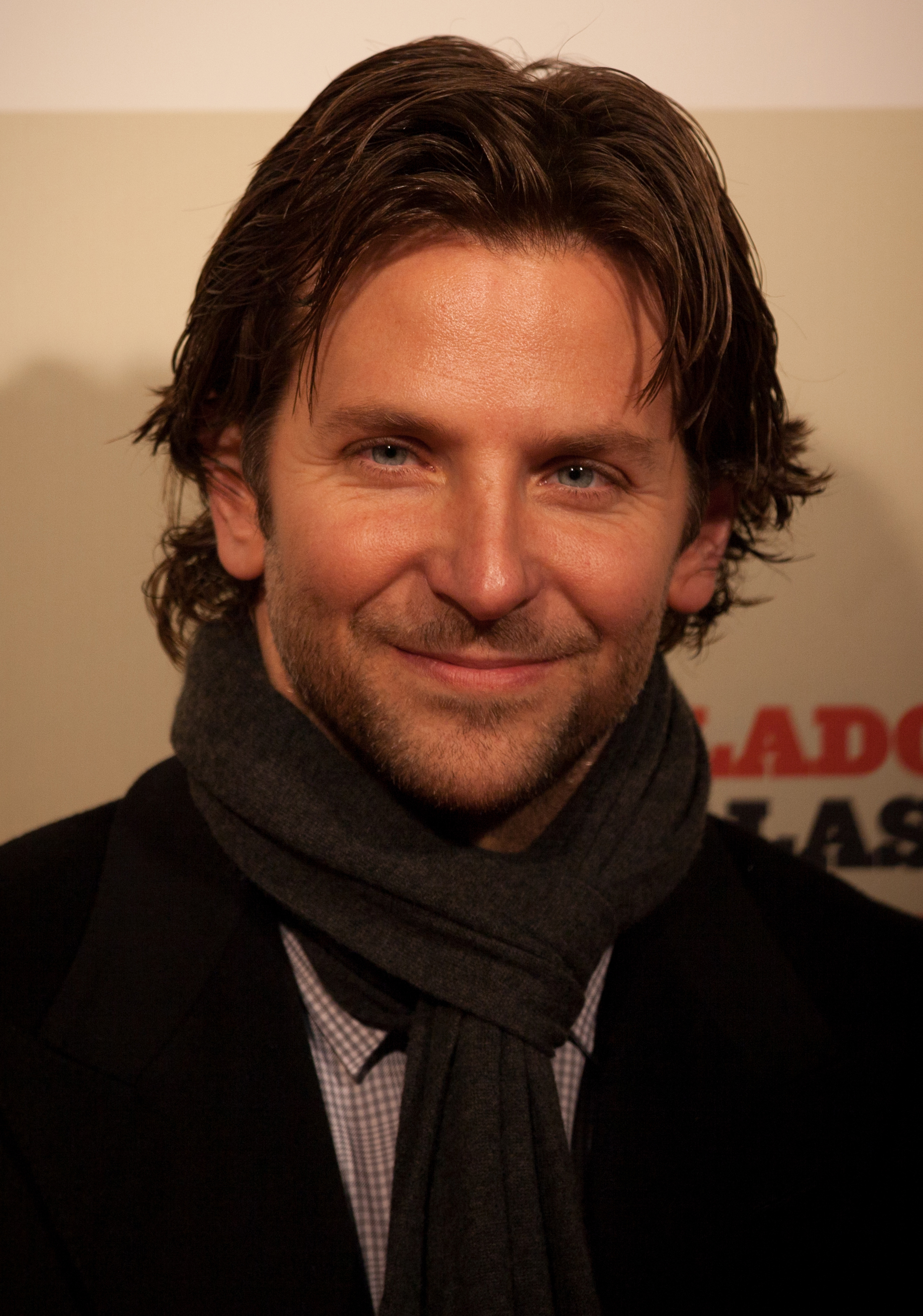
8. **Bradley Cooper: From A-Lister to Acclaimed Auteur**
Bradley Cooper has shown an incredible range throughout his acting career, moving seamlessly from comedic roles in films like “Wet Hot American Summer” and “Wedding Crashers” to A-list status with the success of “The Hangover.” He quickly proved his dramatic prowess with Oscar-nominated performances in movies such as “Silver Linings Playbook” and “American Sniper.” Many fans also know his voice as the emotionally resonant CGI raccoon, Rocket, in the sprawling Marvel Cinematic Universe.
For an actor who has graced so many diverse projects, Cooper’s transition to directing has been nothing short of spectacular, especially considering his limited output so far. His directorial debut, the 2018 remake of “A Star Is Born,” was a monumental success. It marked the fourth incarnation of this classic story, but under Cooper’s guidance, it garnered immense critical praise and an impressive eight Academy Award nominations.
Cooper himself received three of those prestigious nominations, for best picture, director, and actor, showcasing his profound impact on the film’s artistic merit. His direction brought a powerful weight and poignancy to the tragic romance, elevating the well-trodden narrative to new emotional heights. The film remains a testament to his innate ability to connect with audiences from both sides of the camera.
Looking ahead, Cooper is set to continue his directorial journey with “Maestro,” a film he has also co-written. This eagerly anticipated project, expected in 2023, sees him taking on the iconic role of famed conductor Leonard Bernstein, delving into the complexities of Bernstein’s life and his relationship with his wife over three decades. It promises to be another compelling display of his burgeoning talent as a filmmaker.
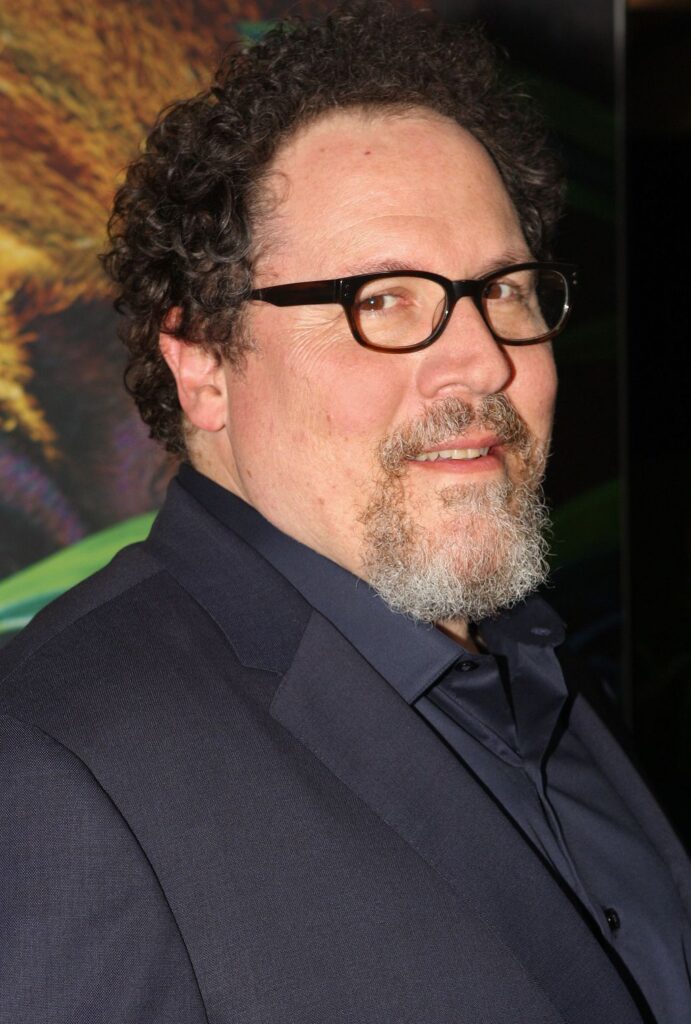
9. **Jon Favreau: The Architect of Modern Blockbusters**
Jon Favreau’s acting career began with supporting roles in films like “Rudy” and “PCU,” but his star truly started to shine brighter after he wrote and starred in the indie hit “Swingers.” However, his ambitions extended far beyond acting, and he would soon become one of Hollywood’s most impactful directors, fundamentally shaping the landscape of modern blockbusters and beloved family films.
Favreau holds the distinct honor of directing “Iron Man,” the groundbreaking film that launched the most successful film franchise of all time, the Marvel Cinematic Universe. He also helmed its sequel, solidifying his role as a foundational architect of this cinematic juggernaut. His vision helped define the tone and style that would captivate global audiences for over a decade.
Beyond the MCU, Favreau continued to demonstrate his versatility and knack for beloved storytelling. He successfully transitioned to directing live-action remakes for Disney, bringing new life to classics like “The Lion King” and “The Jungle Book” with cutting-edge visual effects. His work on these films showcased his ability to blend technical innovation with heartfelt narrative.
Perhaps one of his most cherished directorial achievements, especially around the holidays, is the beloved film “Elf.” This heartwarming comedy has become a perennial classic, further proving Favreau’s diverse talent for directing across genres. From superhero sagas to family favorites, his filmography is a testament to his profound influence and enduring success behind the camera.
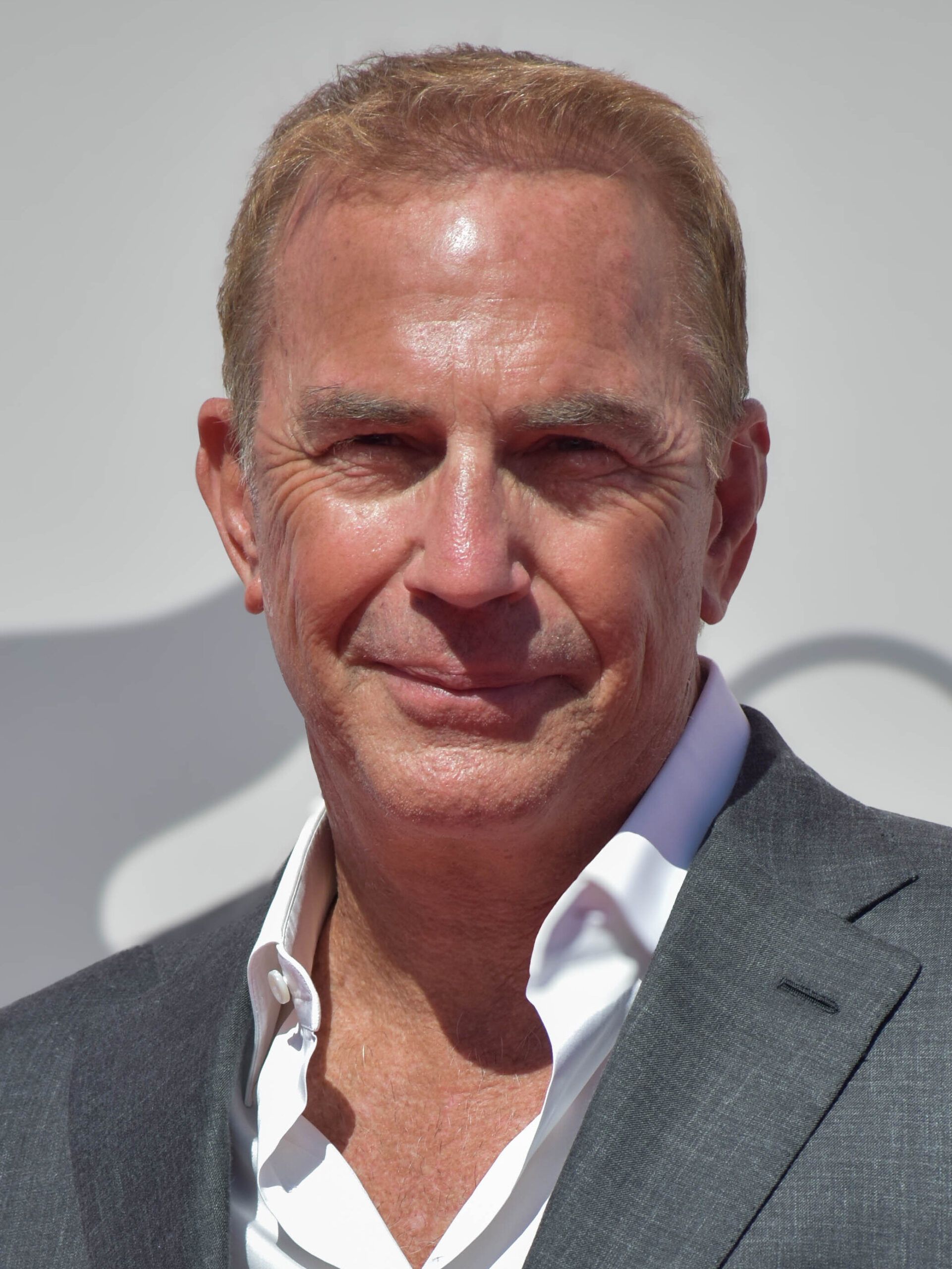
10. **Kevin Costner: The Epic Vision of a Western Auteur**
Kevin Costner’s career is defined by his rugged good looks and a distinctive salt-of-the-earth charm. While his first major role in “The Big Chill” was largely cut, he quickly rose to stardom after reuniting with director Lawrence Kasdan for “Silverado.” He then became a bankable leading man with hits like “The Untouchables” and “Field of Dreams,” cementing his place in Hollywood.
Costner didn’t waste any time exploring his ambitions beyond acting. Less than a decade after his first film role, he stepped behind the camera to direct and star in the epic Western “Dances with Wolves” in 1990. This ambitious project proved to be a roaring success, captivating audiences and critics alike with its sweeping narrative and stunning cinematography.
“Dances with Wolves” was a monumental achievement, earning a remarkable seven Academy Awards, including Best Picture and, significantly, Best Director for Costner himself. He was also nominated for Best Actor, underscoring his complete command of the production. This film firmly established him as a prestigious filmmaker capable of helming large-scale, emotionally resonant stories.
While he has directed only two additional films since – “The Postman” in 1997 and “Open Range” in 2003, neither achieving the same level of acclaim – his debut remains a definitive statement of his directorial talent. With the recently announced “Horizon,” Costner appears poised to reignite his acclaimed directorial career, promising more grand cinematic narratives.
Read more about: The Cutting Room Floor Chronicles: 14 Times Prominent Actors’ Roles Were Slashed from Major Films
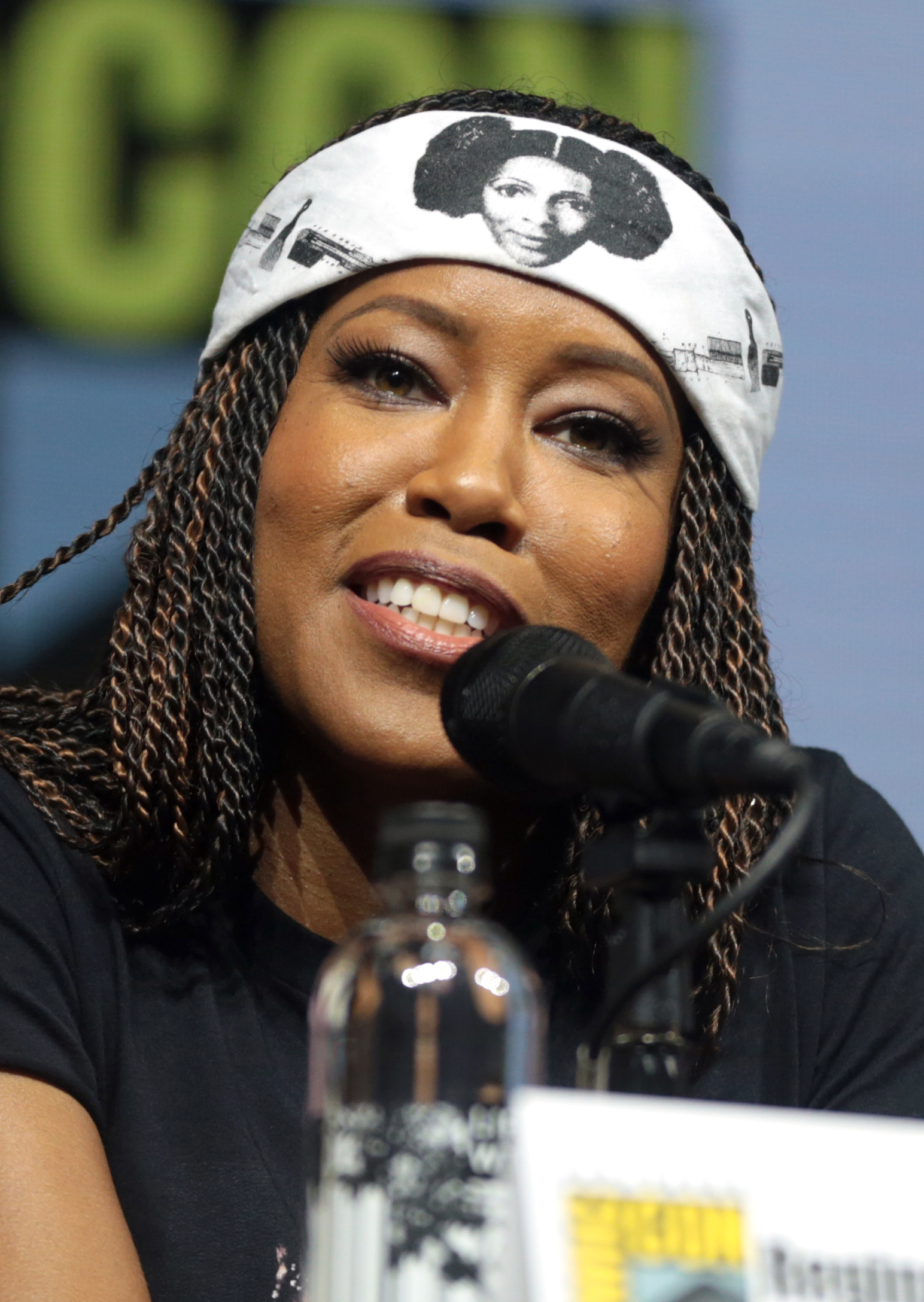
11. **Regina King: From Acclaimed Actress to Respected Director**
Regina King has consistently delivered powerful performances throughout her nearly 40 years in show business, showcasing a remarkable presence that can be both vulnerable and fiercely commanding. Starting as a series regular in “227,” she gradually moved into more mainstream roles, earning widespread acclaim for her roles in films like “Jerry Maguire,” “Enemy of the State,” and “Ray.”
Her breakthrough moment, however, arrived with her fiercely protective mother role in “If Beale Street Could Talk,” which deservedly earned her an Academy Award for Best Supporting Actress. By the time of her Emmy-winning turn in HBO’s limited series “Watchmen,” King had firmly cemented her status as a leading lady and a powerhouse performer. This long and distinguished acting career laid a strong foundation for her move to directing.
King’s directorial career, while still relatively young, has already made a significant impact. Her highest-profile film, 2020’s “One Night in Miami…,” adapted from Kemp Powers’ stage play, was a critical darling. The film, which imagined a pivotal 1964 meeting between cultural giants Muhammad Ali, Malcolm X, Sam Cooke, and Jim Brown, garnered three Academy Award nominations, highlighting her keen directorial eye.
Longtime fans of King know that “One Night in Miami…” was not her first foray behind the camera. She has a substantial list of previous directing credits on acclaimed television projects, including episodes of “Shameless,” “This Is Us,” and “Being Mary Jane.” With her reportedly tapped to direct an adaptation of the fantasy comic “Bitter Root,” King continues to prove her versatile talent and vision as a filmmaker.

12. **Ben Affleck: From Star Power to Oscar-Winning Directorial Acclaim**
Ben Affleck has navigated a varied and often high-profile career in Hollywood, gaining early recognition for his acting and screenwriting with “Good Will Hunting,” which earned him an Oscar for Best Original Screenplay alongside Matt Damon. He became a major leading man in the late 90s and early 2000s, starring in blockbusters and dramas alike, though his acting career has had its share of ups and downs.
While his acting performances have garnered significant attention, it is his work as a director that has truly established him as a formidable cinematic force. Affleck made his feature directorial debut with “Gone Baby Gone” in 2007, a critically acclaimed crime drama that immediately showcased his strong vision and storytelling capabilities. This was a clear signal that his talents extended far beyond performing.
His directorial prowess was further cemented with 2010’s “The Town,” another taut crime thriller that he also starred in and co-wrote. However, it was 2012’s “Argo” that brought him the ultimate recognition in filmmaking. This gripping historical drama, based on a true story, not only won the Academy Award for Best Picture but also earned Affleck a Golden Globe and BAFTA for Best Director.
Though he has never won a competitive acting Oscar, his directorial triumph for “Argo” underscored his exceptional talent behind the camera. Affleck’s ability to craft intricate, suspenseful narratives that resonate with audiences and critics alike has made him a respected figure in modern cinema, proving that his star power is equally potent in the director’s chair.
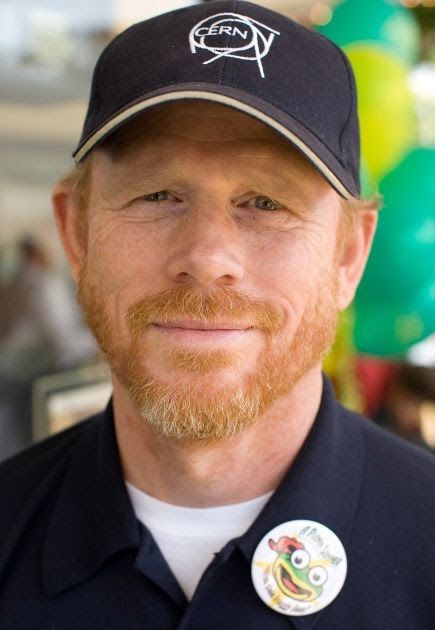
13. **Ron Howard: From Childhood Star to Prolific Director**
Ron Howard has been a familiar face to American audiences since his childhood, charming viewers as Opie Taylor on “The Andy Griffith Show” and later becoming a household name as Richie Cunningham in the iconic 1970s sitcom “Happy Days.” His early acting career spanned decades, showcasing a natural talent and an enduring appeal that endeared him to generations of fans.
However, Howard’s ambitions were always set on more than just performing. He made an early and impactful transition behind the camera, directing his first low-budget film, “Grand Theft Auto,” in 1977. This marked the beginning of an incredibly prolific and successful directorial career that would see him helm a remarkable array of films across various genres.
Over the years, Howard has directed a string of classics that have resonated deeply with audiences and critics. His filmography includes beloved hits like the fantasy-comedy “Splash,” the gripping space drama “Apollo 13,” and the profoundly moving biopic “A Beautiful Mind,” for which he won the Academy Award for Best Director. This Oscar cemented his status as a truly respected and successful filmmaker.
Howard’s career behind the camera demonstrates an impressive versatility, capable of tackling everything from historical dramas to romantic comedies and intense thrillers. His ability to evoke powerful performances and tell compelling stories has made him one of Hollywood’s most consistently successful and celebrated actor-directors, leaving an indelible mark on cinematic history.
Read more about: Beyond the Limelight: Remarkable Child Actors Who Found Stardom in Unforeseen Adult Careers

14. **George Clooney: The Charismatic Star’s Elegant Directorial Voice**
George Clooney is undoubtedly one of the most recognizable and bankable movie stars of his generation, with an acting career that is nothing short of legendary. From his breakout role on “ER” to his numerous acclaimed performances in films like “Ocean’s Eleven” and “Syriana” (for which he won an Oscar), Clooney has consistently captivated audiences with his charisma and dramatic depth.
Yet, Clooney’s artistic aspirations extended beyond the glare of the spotlight. He gradually transitioned into directing, bringing his characteristic elegance and sharp intellect to storytelling from behind the camera. His directorial debut, “Confessions of a Dangerous Mind” (2002), was a stylish and darkly comedic thriller that immediately impressed critics with its unique vision.
His directorial career gained significant critical traction with films like “Good Night, and Good Luck” (2005), a powerful historical drama that earned him Academy Award nominations for Best Director and Best Original Screenplay. This film highlighted his knack for crafting intelligent, politically charged narratives with a keen eye for period detail and moral complexity.
Clooney has continued to direct a diverse slate of projects, including the historical sports drama “The Boys In The Boat” and the sci-fi thriller “The Midnight Sky,” alongside television work like “Catch-22.” While his directing career may not yet match the sheer volume of his acting accolades, his contributions as a filmmaker are consistently praised, proving his multifaceted talent and sophisticated approach to cinematic art.
The journey from actor to director is a testament to extraordinary talent, vision, and an unyielding passion for storytelling in all its forms. The individuals we’ve explored, both in this section and the last, represent the pinnacle of this remarkable transition. They have not only graced our screens with unforgettable performances but have also enriched cinema with their unique perspectives, shaping narratives and pushing artistic boundaries from the director’s chair. Their legacies continue to inspire, demonstrating that true artistry knows no single role, but flourishes wherever creativity and determination lead.

